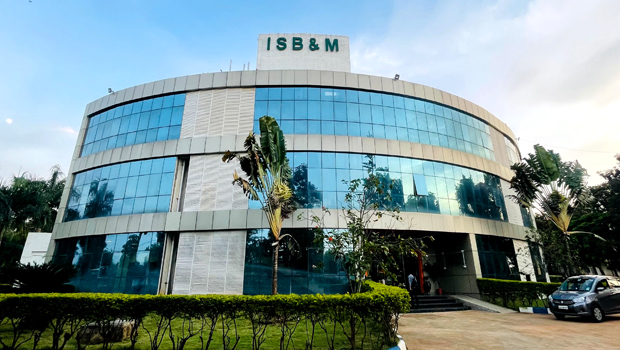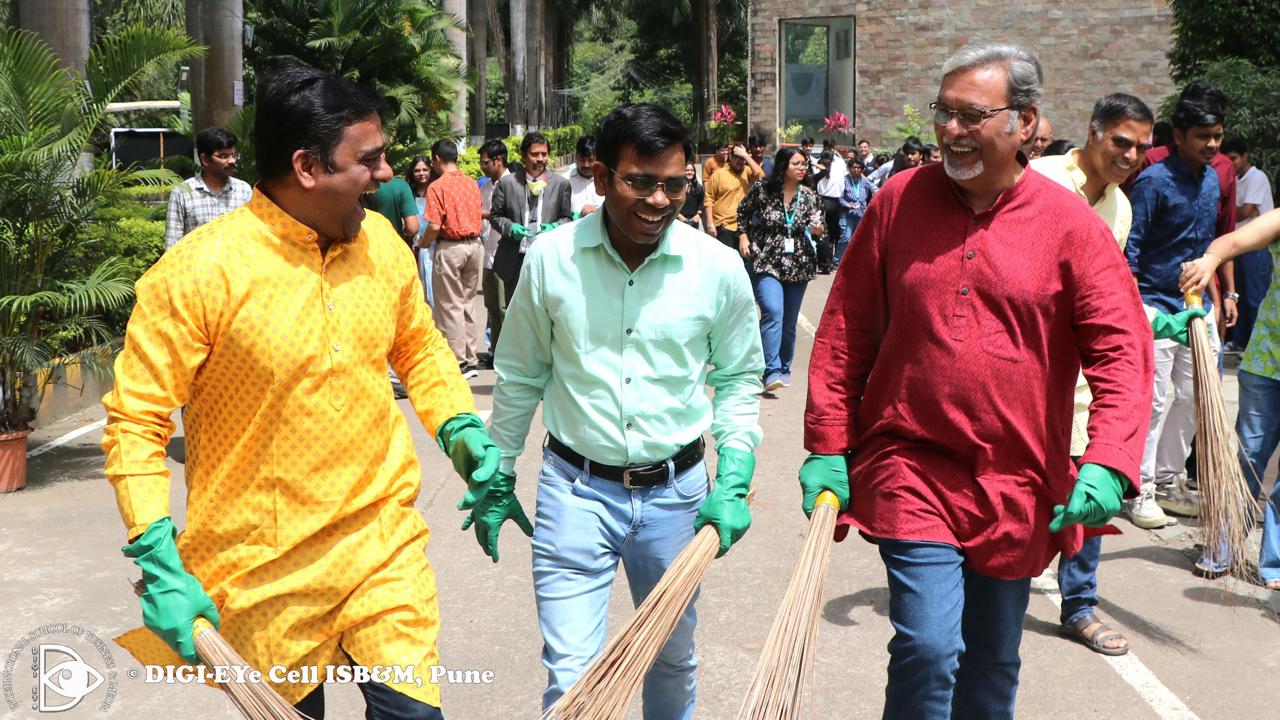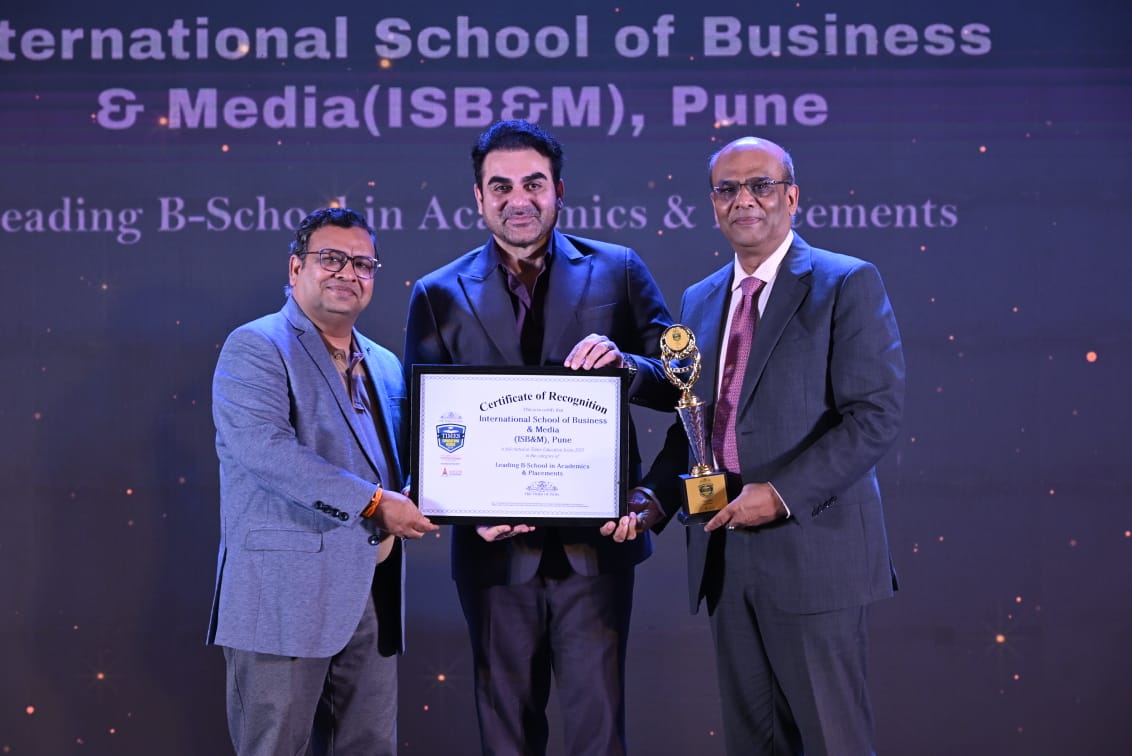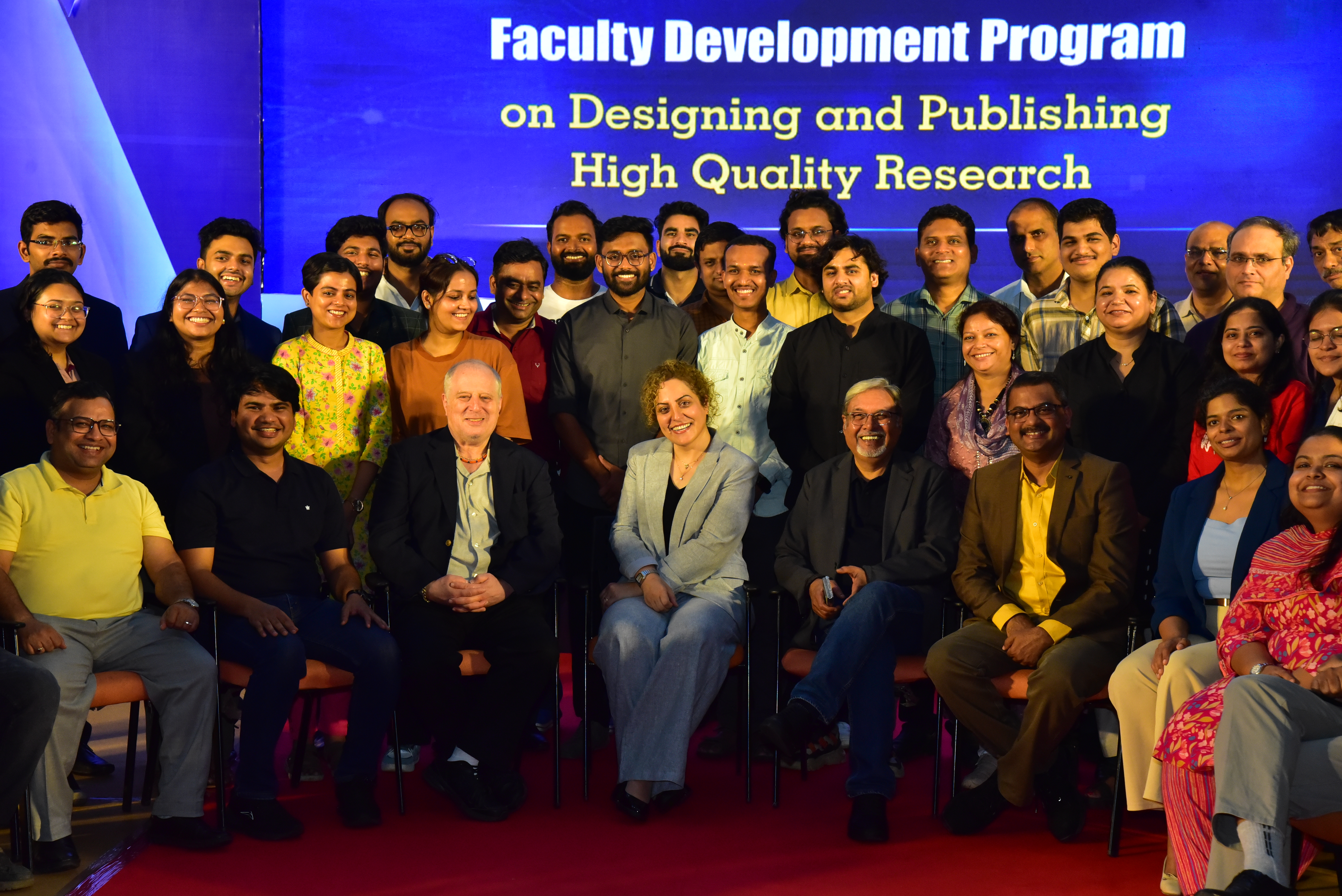
How to prepare for and crack your Personal Interview?
MBA, TOP PGDM PROGRAM
Undergraduate students across the country will be facing their first Personal Interviews this year – either as part of their placement process or as part of the selection process for post-graduate programmes, especially PGDM and MBA. There are a few important things you should keep in mind to better prepare yourself for the PI process. This article will explore how you can equip yourself to crack your Personal Interview.
Why do organisations hold Personal Interviews?
An interview is an opportunity for the panellists to get to know the candidate on a more personal level. They will verify the information in the candidate’s resume and evaluate whether the candidate will fit well with their organisation. A personal interview is an excellent method to determine whether the candidate has the necessary knowledge, skills and attitude that the organisation is looking for.
Communication Skills
One of the most important skills that the panel will assess, will be your communication skills. Are you able to answer their questions in concisely and articulately? Can you express your opinions well, support your points with facts and defend them when challenged? At the minimum, you should be able to express yourself clearly to the evaluators.
Like any other skills, communication skills can be polished through practice. Start off by actively participating in your classes by asking questions and actively interacting with your teachers and classmates. This will give you the confidence to interact with different groups of people. Work on your skills at home by practicing improv speeches on random topics chosen from the internet. Take an audio or video recording of these speeches so you can identify and correct your mistakes. Join a speaking or debate club in your college or local community to gain further experience.
Being well prepared before you attend an interview will give you the confidence to speak without making mistakes and stuttering. Listen carefully to the questions you face and take a moment to think before answering. Focus on your breathing. This will help you if you are nervous and it will help you regulate how fast you speak. Make sure you are clear and audible when you are addressing the evaluators.
Another important aspect of communication is body language. Sit straight, listen attentively to the evaluators, and show enthusiasm about being a part of the selection process. Refrain from slouching and always maintain good etiquette. Try to maintain eye contact with the all the panel members. This will show them that you are a confident and mature candidate that they should consider seriously.
Domain Knowledge
The second aspect that you will be evaluated on will be domain knowledge. If you are an undergraduate student, you need to know a few basic, core topics about your subject of specialisation. Identify these topics, if necessary, by speaking to your professors and prepare for questions based on these topics.
Similarly, the position you are applying to may require prior understanding of certain theoretical concepts. The evaluators will assess you on your familiarity with this knowledge. Be aware of the requirements when you are applying for a particular role and prepare accordingly.
You may also be quizzed on your awareness of the broader business world. Ensure you are updated regarding recent developments in business and the latest economic trends. Prepare yourself to face questions based on current political and social issues. Inculcate the habit of reading newspapers and periodicals regularly and be aware of the latest developments in the world around us.
There is no requirement that you know everything. If you don’t know the answer, be honest and admit you don’t know. If you are not sure of the answer, but you want to attempt answering it, clearly explain your thought process to the evaluators. Don’t make random guesses or pretend that you know the answer, because it could backfire on you.
Always remember though, the better you answer questions based on the topics mentioned above, the easier it will be to crack the interview.
Attitude and Soft Skills.
Lastly, and most importantly, you will be assessed on your attitude. Are you passionate about your work and career? How high is your need for achievement? What is your attitude towards others? How do you perceive yourself? How do you work in a team environment? How do others perceive you? How do you approach tasks and deadlines? What process do you follow when you make decisions? Do you show the qualities of a leader?
Some panellists will try to put you under stress, to evaluate how you perform under pressure. They may ask you a series of difficult questions or directly challenge you on one of your answers. Others will try to get under your skin by posing questions that you don’t expect. You will have to think on your feet to respond appropriately to them.
If you show the right attitude and passion, even if you don’t show the necessary level of domain knowledge, you may successfully crack your interview. Skills and knowledge can be trained and taught but changing someone’s attitude can be impossible. So put your best foot forward when you are sitting for an interview.
Preparing for an Interview
In addition to the points mentioned above, there are a few things to keep in mind while preparing for an interview. An interview is an opportunity for you to convince the panellists that you are the best person for the role they are interviewing for. So, highlight those qualities or skills you possess that proves you are a good fit for that role. Essentially, market yourself well.
Make sure you research the role you are applying for. If you are applying for further studies or an MBA.PGDM, read up on the institute and course you are applying for. Think about your reasons for applying for that course and prepare for questions about them. If you are applying for a job, first, do a detailed study of the job description. What are the expected skills and qualities for a person applying for the role? How do your skills and qualities match up and how can you showcase that to the evaluators? How can you add value to the organisation?
Secondly, read up on the organisation you have applied to. Who is in the senior management team? What are their main products? Which sector do they focus on? Who are their main competitors? Showing awareness of these points will show the evaluators that you have an earnest interest in joining their organisation. Simultaneously you will have a better idea of which personal qualities to highlight to be considered as an attractive candidate by the organisation.
Finally, identify and prepare for the common questions you may face when you attend an interview. Don’t memorise any of the answers, just put together a few points for each of those questions. Being well prepared will ensure you are more confident when you attend the interview. Spending time in reflective thinking and introspection while considering and finetuning answers to these questions will help you answer even unexpected questions.
Keeping these points in mind will help you come across as a confident, competent candidate to the interview panel. However, be on your toes during an interview; interviewers will surprise you with strange or unexpected questions just to see how you think on your feet. Don’t be afraid to be creative and spontaneous. Just focus on how you are portraying yourself and think before you answer.





